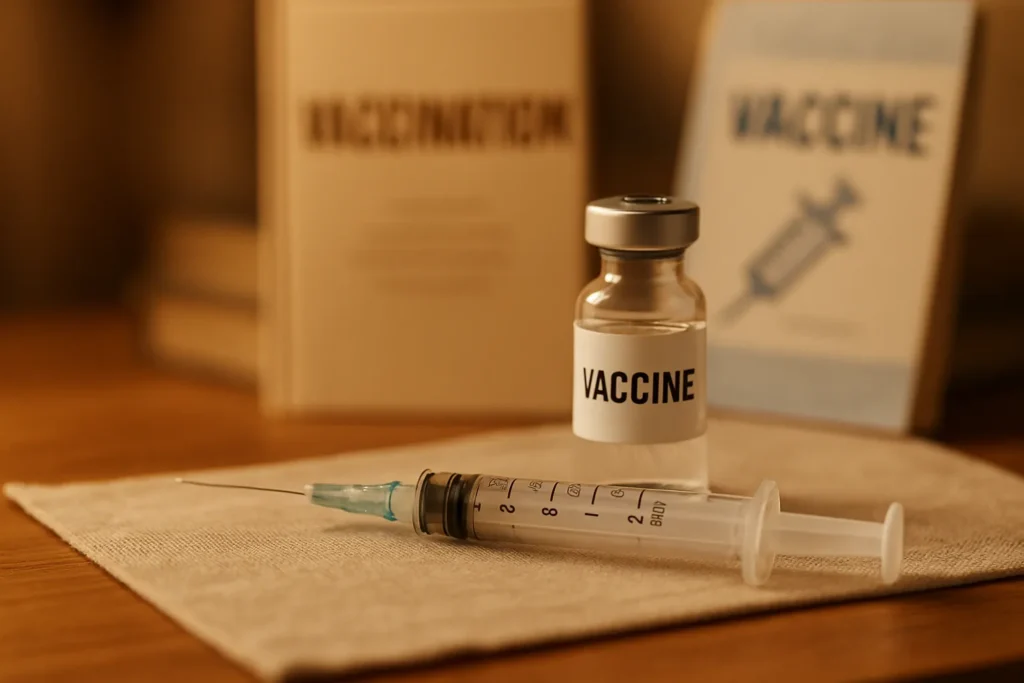Pandemic of Misinformation: America’s Measles Resurgence
Flashing red alerts rarely ring for diseases once thought vanquished, but in 2024, the United States finds itself battered by the worst measles outbreak in a generation. Over 1,000 confirmed cases—many among children—have shaken faith in public health fundamentals and thrust vaccine skepticism into the national spotlight. Community pediatricians from Texas to Oregon report heartbreaking stories: infants too young to vaccinate landing in ICU beds; whole classrooms quarantined after one preventable exposure. All the while, American parents are watching the headlines with growing apprehension and frustration, unsure whom to trust as the public health messaging turns muddled and political.
Why is a country with the resources of the U.S.—and a measles, mumps, and rubella (MMR) vaccine that’s 97% effective after two doses—facing a surge akin to the pre-vaccine era? National vaccination rates have dipped below herd immunity thresholds in several communities, and as the Centers for Disease Control and Prevention warns, vaccine skepticism is now considered a public health threat on par with the virus itself. A Reuters/Ipsos poll released this week brings the situation into sharp relief: only 31% of Americans say the Trump administration is handling the outbreak responsibly, despite 86% believing in the safety of MMR vaccines.
For those on the front lines—nurses, pediatricians, school principals—the warning signs have been obvious for years. “It’s not just measles that worries us,” Dr. Penny Wadsworth, a family doctor in Washington, told CNN. “When people start doubting the science on one vaccine, it erodes trust in all vaccines and in the very idea of expertise.”
The Political Theater of Public Health
A closer look reveals that the crisis is as much about politics and leadership as it is about microbes. During contentious House and Senate hearings, Health and Human Services Secretary Robert F. Kennedy Jr. was repeatedly pressed on his history of vaccine skepticism. Kennedy, who has previously aligned himself with anti-vaccine movements, offered what many viewed as evasive answers. When asked if he would vaccinate his own children for measles, he said he would “probably” do so, but added, “I don’t think people should be taking medical advice from me.” He doubled down on his ‘neutral messenger’ posture, insisting Americans should rely on data and the advice of others, rather than health officials in his position.
This equivocation left critics and many lawmakers fuming. As Rep. Rosa DeLauro pointedly remarked, “At a time when clear, science-based leadership is needed, we get shrugs and disclaimers from the nation’s top health official.” The confusion has only gotten worse since Kennedy removed the FDA’s longtime vaccine chief earlier this year, a move many experts say undermined already fraying public trust in federal oversight.
Trump administration officials maintain they are committed to public health, having announced a $500 million universal vaccine initiative. Yet, the damage appears done. Vaccine hesitancy—fueled by conspiracies and amplified by social media—has become a partisan skirmish, eclipsing decades of progress in childhood disease prevention. According to Harvard epidemiologist Dr. Erica Ling, “Mixed messages at the leadership level don’t just confuse—they cost lives. When trust goes, so does compliance.”
“Measles was once declared eliminated in the United States. Now, because of wavering public health messaging and political interference, we are watching that hard-won status slip away.” — Dr. Erica Ling, Harvard Epidemiology
Beyond that, the administration’s approach has exposed a troubling lack of accountability. Secretary Kennedy’s assertion that Congress “holds the purse strings,” while technically accurate, hardly inspires families desperate for clarity and action. The federal government’s tepid response, critics argue, has emboldened conspiracy theorists, leaving state health departments to patch together their own messaging and response strategies as cases spike.
The High Cost of Hesitancy—and What Comes Next
America’s struggles with vaccine uptake are not an accident of fate; they are the predictable consequence of inaction, equivocation, and deliberate misinformation. History’s lesson remains unheeded: In the 1990s, vaccine-preventable outbreaks surged wherever misinformation and underfunded public health programs eroded community immunity. The stakes were made tragically clear during the 2019 measles flare-up in New York’s Orthodox Jewish communities, where targeted disinformation campaigns led to hundreds of infections and several preventable deaths.
Today, the pattern repeats. With only 31% of Americans expressing confidence in federal leadership, as shown in the latest Reuters/Ipsos findings, there is no mistaking the urgent call for trustworthy, science-grounded communication. According to Pew Research, vaccine trust is highest where consistent, apolitical guidance is championed, and lowest where health policy is left to politicized guesswork and Twitter soundbites.
Is it possible to course-correct? The answer requires more than funding. Strong, values-driven leadership—rooted in equality, social trust, and the moral obligation to protect society’s most vulnerable—remains the only proven antidote to misinformation. Respected experts, including the World Health Organization and CDC, unanimously agree: every missed vaccination is one more opening for disease to reclaim lost ground.
The cost of complacency stretches far beyond this year’s caseload. Permanent disabilities in children, eroding faith in medical science, and the chilling return of once-vanquished viruses threaten to define an era in which we let evidence lose out to ideology. The nation, now more than ever, needs steadfast leadership and an unwavering commitment to honesty, equity, and the collective good. Science and reason cannot win the fight with one hand tied behind their backs.

